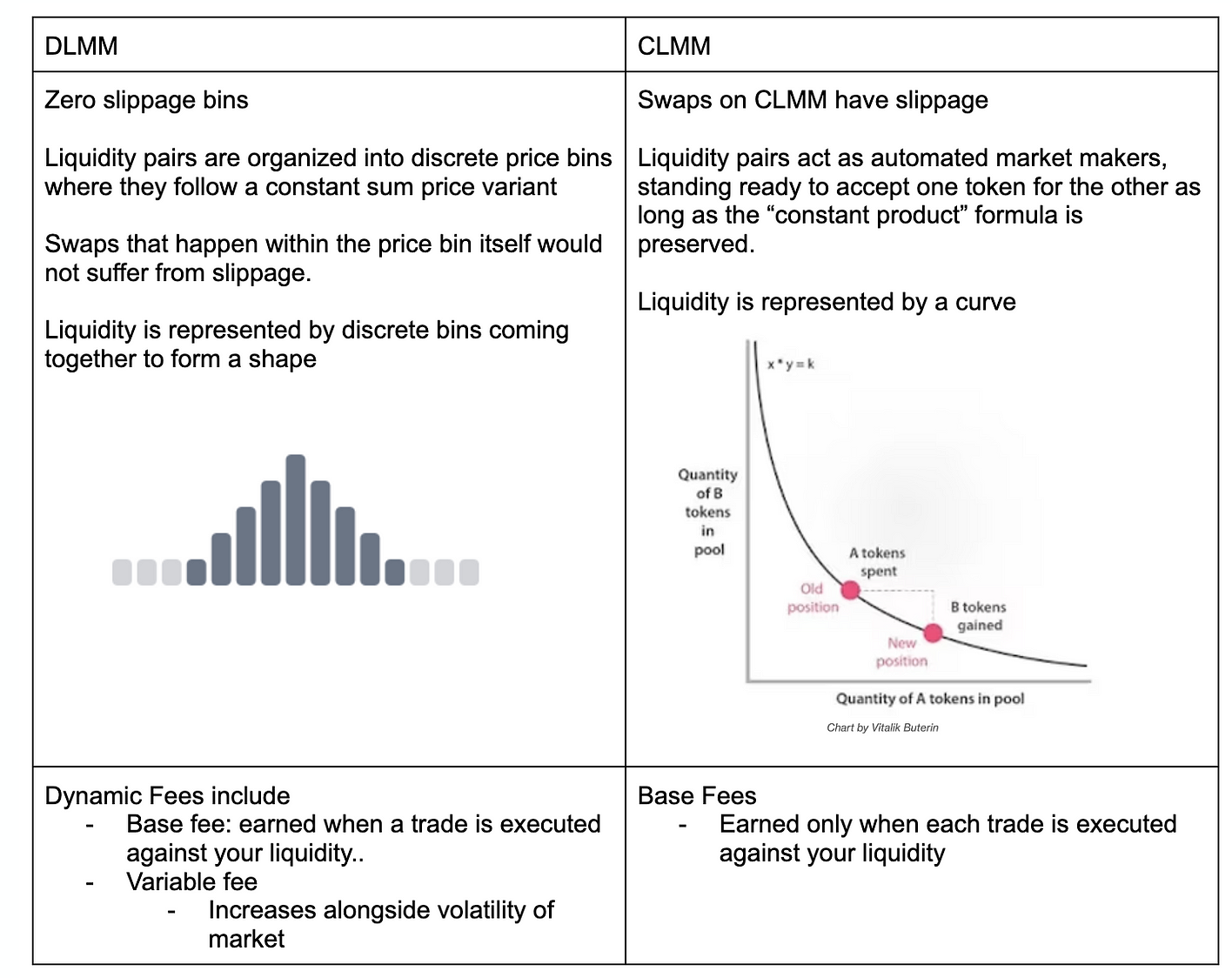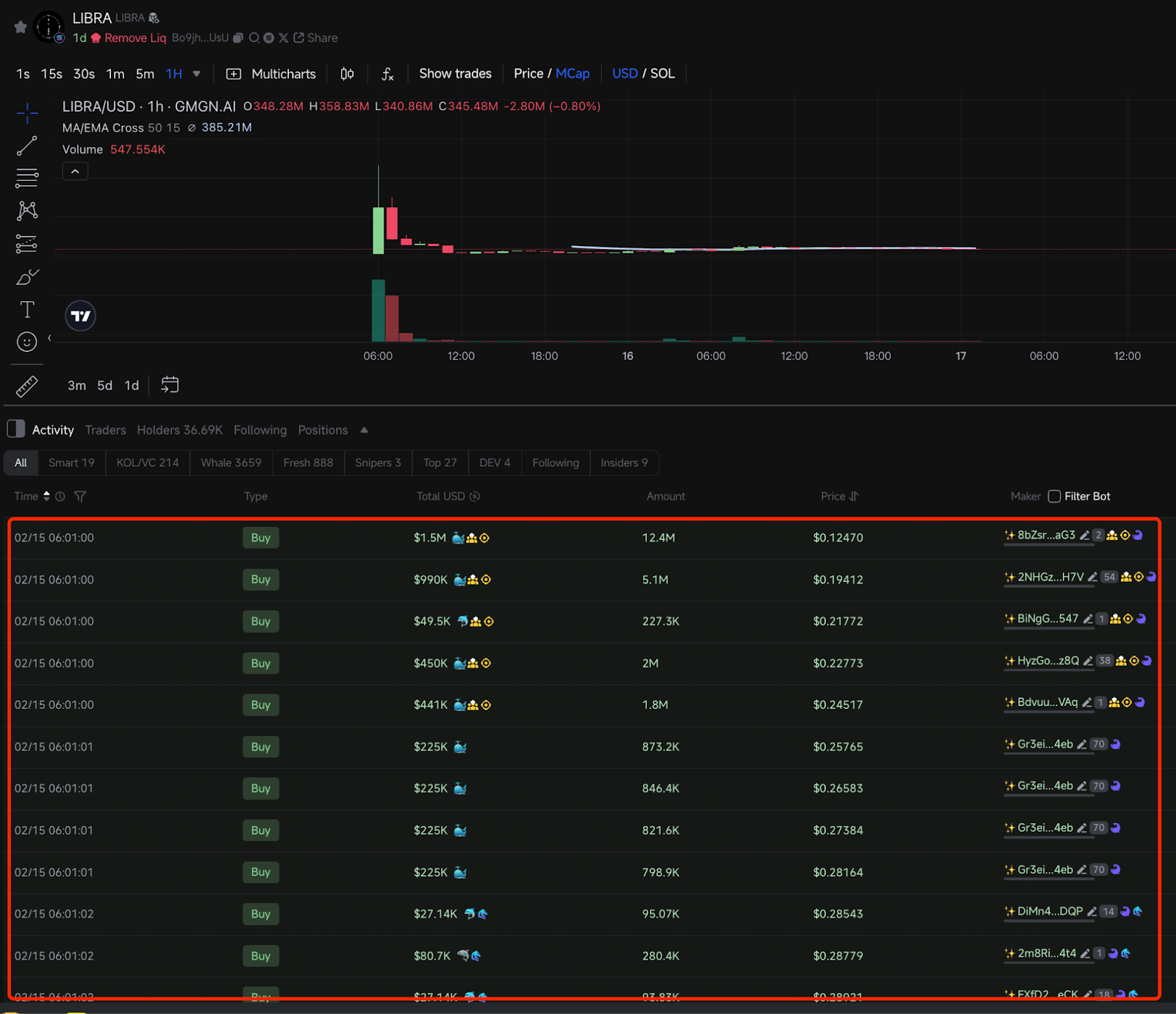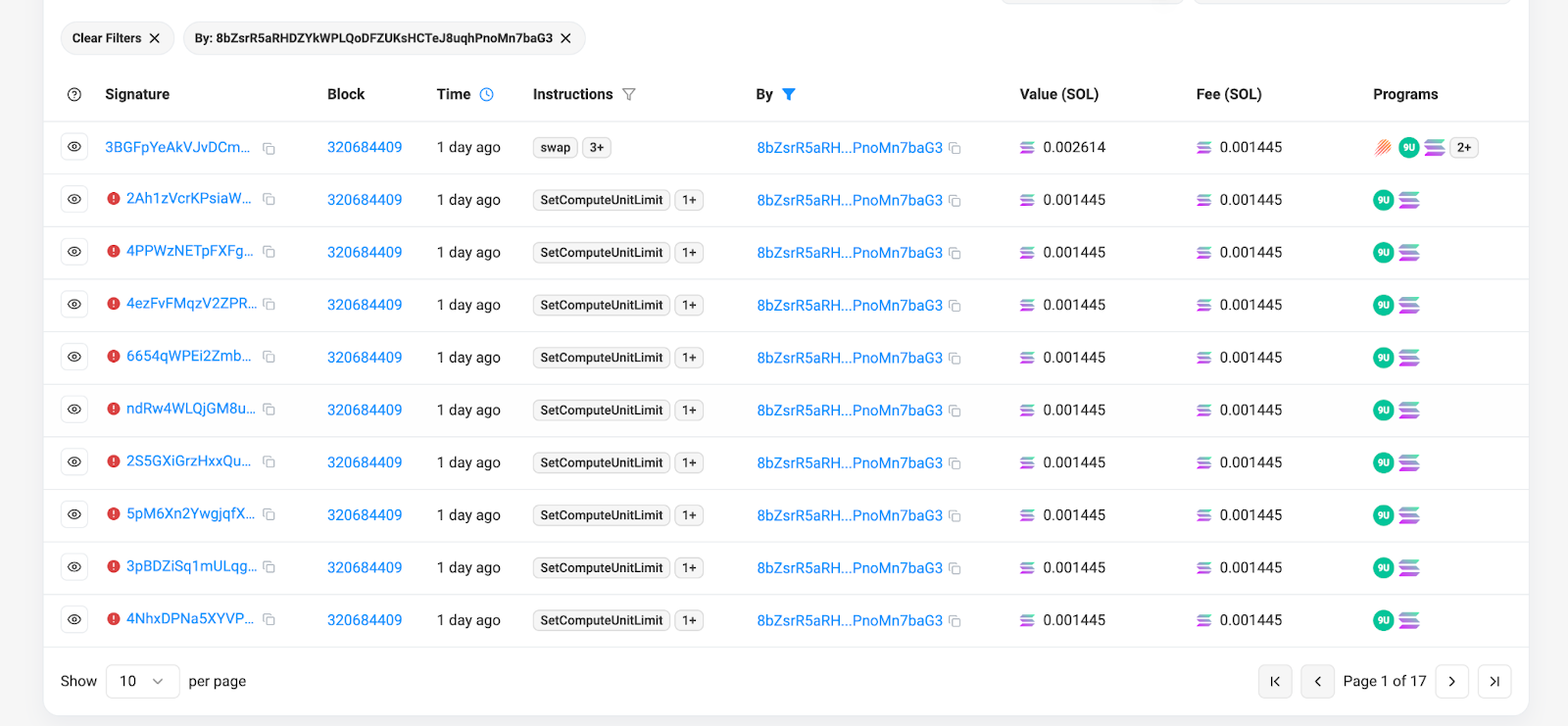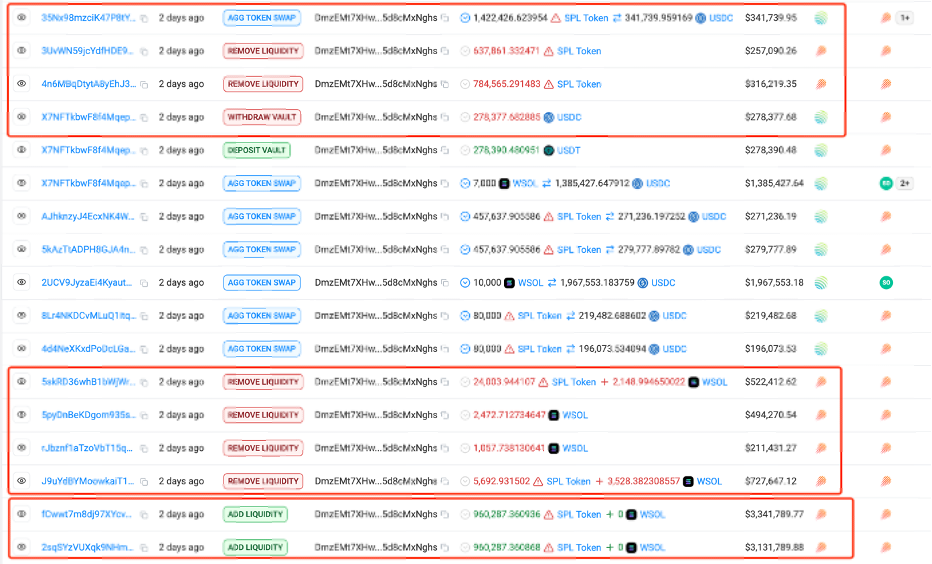Original author: @m7_research
Recently, with Trump issuing $TRUMP on the Solana chain, a wave of celebrity token issuance has been set off. Tokens such as $MELANIA, $RYAN, $ENRON, and $LIBRA have appeared one after another, and the Meteora platform has quickly become the preferred issuance platform for such high-profile projects. These token projects show striking similarities: extremely high FDV, exaggerated trading volume, and drastic price fluctuations. On the surface, these tokens are sought after by the market due to the celebrity effect, but in-depth analysis shows that behind this is actually a set of carefully designed wealth harvesting mechanisms.
Meteora Platform: Innovation mechanism turned into a tool for manipulation
The Meteora platform has gained popularity with its DLMM model, which has lower transaction slippage and flexible liquidity management mechanism. However, these innovative features, which were originally designed to improve capital efficiency, have been improperly exploited and become a profit tool for project owners and insider traders.

How systemic manipulation works
In a typical celebrity token offering, the project usually takes the following steps:
Create tokens in advance
Establishing DLMM trading pool on Meteora
Injecting trading liquidity
It is observed that project owners often create DLMM pools for token and USDC trading pairs in advance and only inject one-sided liquidity. This means that at the opening, a large number of limit sell orders have been preset waiting for liquidity to flow in, and the zero slippage feature of the DLMM trading bin further amplifies the profit margin of the project owners.
Insider Trading Analysis: Precise Timing and Systematic Operations
In the cases of $MELANIA, $ENRON, $LIBRA, etc., insider traders all knew the contract address (CA), trading pool information and opening time in advance. Specifically:
$LIBRA created the token on the 14th, and created the trading pool 20 minutes before the opening of the market on the 15th
$ENRON created the token on January 25th, and the Meteora pool was not set up until one hour before trading on February 4th
According to GMGN data, nearly $4.5 million of funds poured into $LIBRA in just 2 seconds after it opened.

A trader (address: 8bZsrR5aRHDZYkWPLQoDFZUKsHCTeJ8uqhPnoMn7baG3) took the first place with a single $1.4 million sniper transaction. The account initiated 170 transactions in the opening block and was successful only at the moment the transaction was opened. Considering that there are pools on Meteora that only add unilateral liquidity every day, such a large amount of precise investment is obviously due to insider information.

Detailed explanation of profit model
This sniper trader adopted a systematic strategy to make profits:
Quickly convert 1.8 million tokens into $530,000
Distribute the remaining tokens to 8 sub-accounts

Take the largest sub-account (DmzEMt7XHwA1tZM5d1XBGvTFWoUpTLutpR5d8cMxNghs) as an example:
Sell 750,000 tokens every 20 seconds, 14 times in a row

The remaining tokens are added as one-sided liquidity to the $LIBRA-$SOL trading pair
5500 SOLs were harvested in just 7 minutes

Convert all LIBRA and SOL to USDC within 5 hours after the opening, making a profit of 5 million USD
Ultimately, the sniper account made a total profit of $17 million through this bulk dumping method.
At the same time, the project side made more profit. The developer address (DefcyKc4yAjRsCLZjdxWuSUzVohXtLna9g22y3pBCm2z) also used the unilateral liquidity mechanism to add tokens to the Meteora pool, and the fee income alone reached 10 million US dollars.

Market impact and warnings
Although the $LIBRA case has attracted much attention due to its high attention, $ENRON, $MELANIA and $RYAN all show similar operation patterns. Investors have unknowingly fallen into the trap of "celebrity + Meteora + big trucks" to harvest funds. The high liquidity mechanism of the Meteora platform has been abused by project owners and insider traders, which has seriously overdrawn the liquidity of the cryptocurrency market and investor confidence.
















